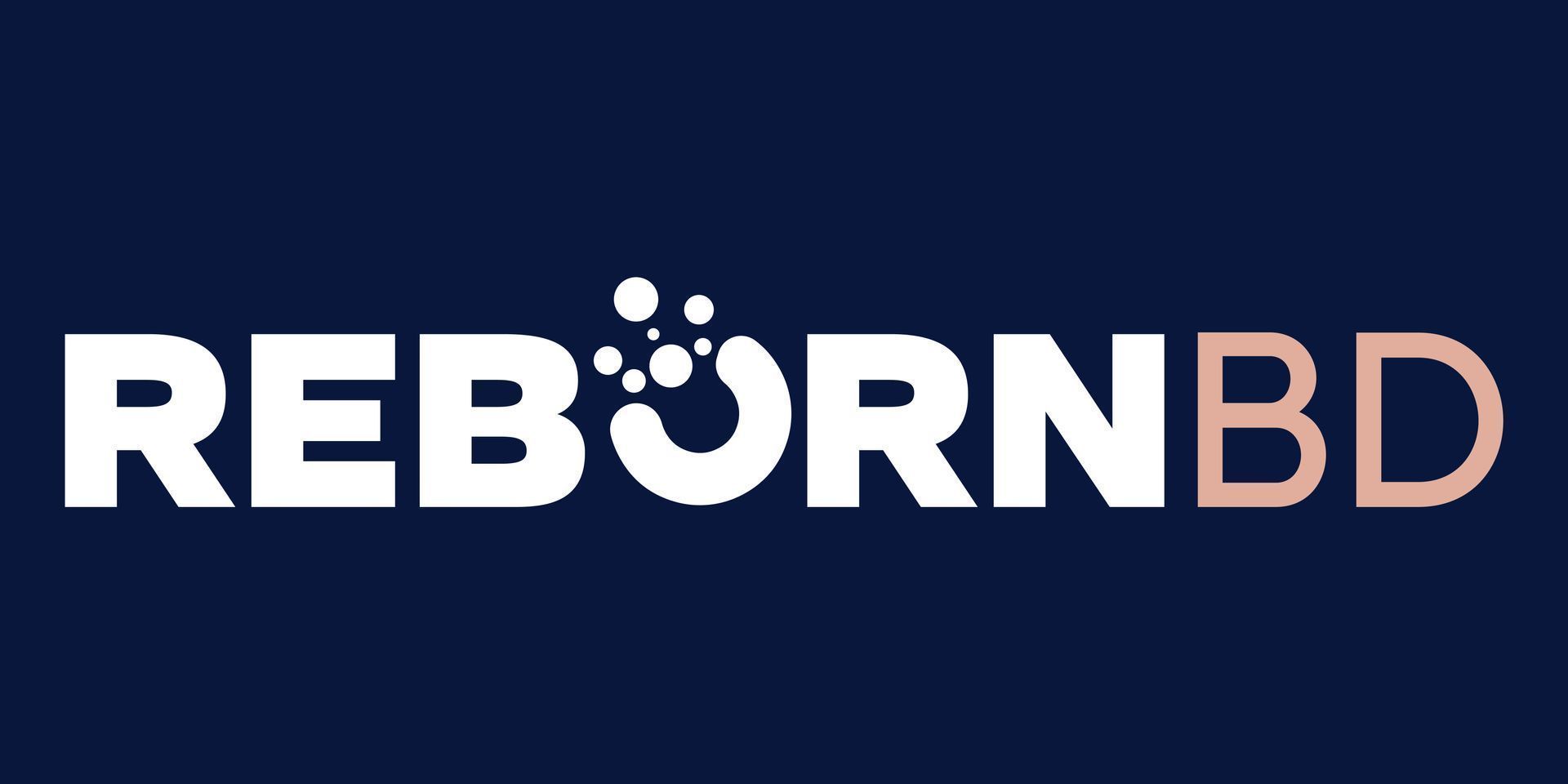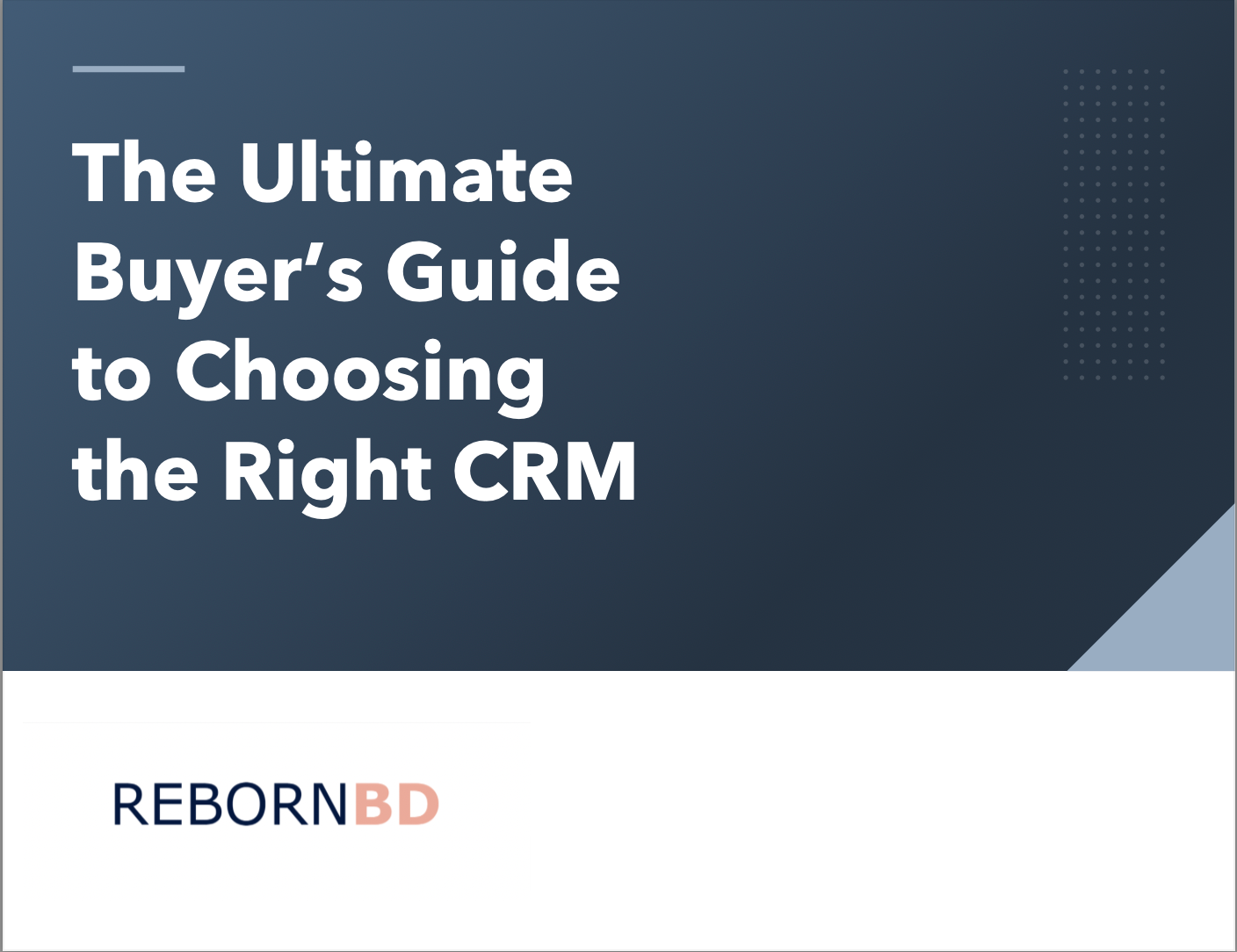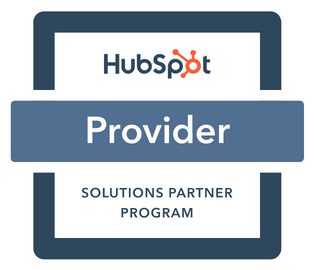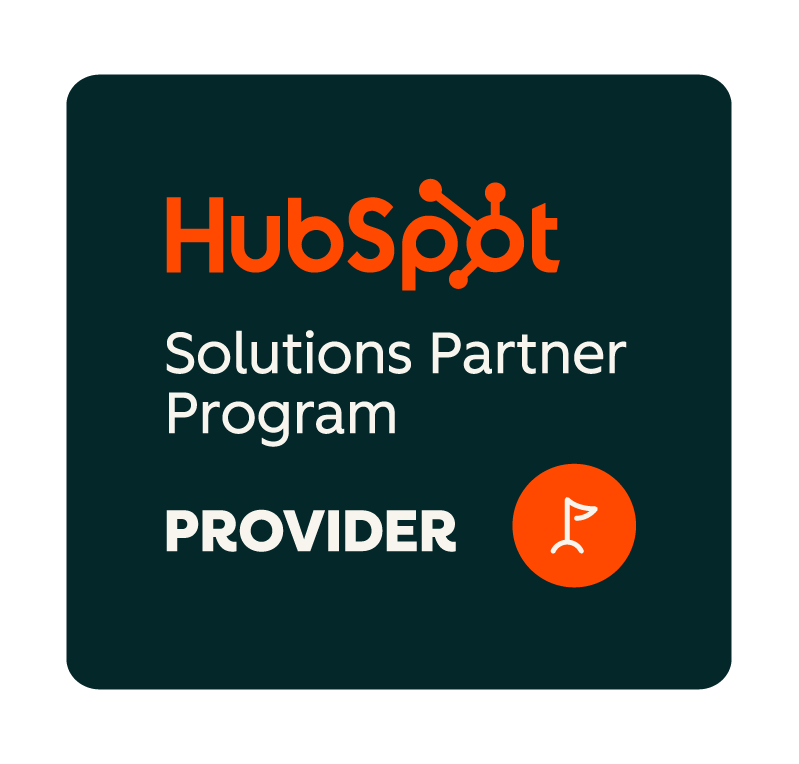How to Create a Well Defined Sales Process and why it is Essential for Growth
Nick Plumley • 9 May 2023
Implementing a well-defined sales process can increase growth and efficiency, amongst many other benefits.
But when is it time to implement specific sales steps? And are there any extra tools you can use to streamline your workload? Knowing how to curate a sales process that fits your business and customer needs might seem challenging. However, this sales enablement tool is crucial to increasing conversion rates and revenue.
In this article, we’re exploring everything business owners need to know when creating a sales process. From the individual steps to relevant software, we’re covering all the bases to ensure you can get ahead and start your sales development. Scroll down to learn more.
What Is A Sales Process?
Before we jump into the tangible steps you can take to define your sales process for growth, we’ll quickly recap what makes a sales process.
The sales process is defined as a multistep or systematic approach that allows a sales team to efficiently close deals, increase margins, and turn potential leads into clients. Sales processes usually include clear steps that help both salespeople and clients navigate from initial interest to a converted sale.
Well-defined sales processes
are optimised to save time, meet target clients’ needs, and promote revenue growth without spending extra energy or resources.
Why Should You Develop Your Sales Process?
Any team that sells to clients uses a sales process. However, not all are defined and polished for success. Developing and defining your sales process positions your sales team for more success and tangible results.
Here are some of the benefits of a defined sales process at a glance:
- Consistent & clear approach to sales
- Increased productivity within your team
- Higher client conversion rates
- More client satisfaction thanks to a tailored process
- Faster sales and less time wasted
- Training new salespeople becomes easier and gives teams more autonomy
- Ability fore more accurate forecasting with organised sales data and steps
- KPI development and focus on succinct, relevant milestones
Creating A Well-Defined Sales Process: Steps To Consider
If you’re ready to implement a sales team or program for your business, it’s also an excellent time to define your sales process. The earlier you create a sales framework, the sooner your business will benefit.
Find the crucial ingredients to an effective and defined process below.
Defining Your Sales Cycle Steps
The first step to a successful process is defining each step clearly. It’s easy to discuss sales processes and procedures, but without coherent and actionable milestones, you don’t actually have a sales framework.
Making a sale looks different depending on your niche product or service. However, most SaaS businesses can base their system on universal steps.
These steps include:
- Lead Nurturing — Whether an inbound inquiry or outbound response, you need a defined process for following up and nurturing leads. This is essential to booking the all-important pitch or demo.
- Qualification — The team should determine if the lead is a good fit for your service or product.
- Pitch or Demo — The most crucial stage in your sales process. Your chance to tell your brand story and convince prospects your product is the best on the market. A good demo platform can really help here. Find out about demo platforms here
- Proposal or Quote — A personalised quote or proposal will show your prospects you understand their needs and can tailor your product to help. It’s the natural next step in the journey towards closing the deal.
- Contract Sent —This is generally an official quote with your standard Terms and Conditions attached. It’s essential for ensuring the client understands what they’re paying for and avoiding any future disputes.
- Close —The final negotiation stage is sometimes simple, but it can also become a drawn out process with legal and procurement teams getting involved. Here, negotiation tactics (e.g. shorter contracts and reduced price) can be employed for a satisfactory closing.
Now the sale is successfully closed. But the job isn’t done. Some salespeople will need to follow-up and nurture sales. However, for most tech and SaaS brands, this falls to the customer success team.
Selecting KPIs & KPI Development
KPIs are a common term in the sales and marketing sphere, and they refer to Key Performance Indicators. There’s a reason this acronym is used so frequently — they allow sales teams to track growth and performance via chosen metrics specific to the company’s individual goals. They also enable SaaS businesses to forecast future sales and adjust the sales process when needed.
KPIs involve metrics and benchmarks within the sales process. Standard SaaS and tech KPIs include demos completed, proposals sent, leads followed, MRR, and other metrics that occur before the sale is closed. This data allows you to easily review what is and isn’t working within the sales steps and then appropriately adjust.
Salespeople can also work towards specific KPI targets needed to hit sales goals, and you can use this data to forecast future sales.
Forecasting & Reporting
Sales forecasting and in-depth reports are also essential to the growth and success of SaaS businesses. These provide predictions of weekly, monthly, quarterly, or annual sales based on past KPIs and performance data.
Forecasts can also help identify potential issues in the sales process, ensuring your team can mitigate problems quickly. For example, if a sales team is 20% below forecast predictions, you can troubleshoot issues causing this drop. This allows you to recognise issues sooner rather than at the end of the quarter, and you can adapt your sales process according to your forecasted data.
Sales forecasting can even be a motivational tool, as your team can review whether they’re on track each week. Of course, not all sales forecasts are 100% perfect. But if you use clean data, a trustworthy method, and regularly review your sales process, your forecast will help you drive growth.
Adding Sales Software
Implementing dedicated software can significantly improve your efficiency and conversions when curating your sales process. Many sales teams adapt and add relevant sales software as they grow, but starting your sales process with appropriate programs can benefit your sales from day one.
CRM (Customer Relationship Management)
is a widespread software integration that manages relationships and interactions throughout sales. These assist before you contact a customer and continue to help salespeople through until the follow-up step.
This software typically boosts customer retention, satisfaction, and loyalty by providing salespeople with relevant data and information to meet all customer needs. They also help to provide customers with a personalised sales experience.
Alongside improving the customer experience, CRM keeps your sales team's workflow organised and efficient with streamlined information and sales automation tools. This helps to increase overall productivity within the team. Sales software can even help to identify new data trends, target market needs, and ways to increase conversions with real-time insights.
HubSpot CRM is a popular solution for growing businesses wanting to revitalise their sales process. Reborn BD is a certfied HubSpot CRM solutions provider. From training to implementation, we’re on hand to help you make the most of the software. Book an intro call to discuss HubSpot offerings in more depth here.
A good demo platform is also essential for any growing SaaS business, Reborn BD is certified Walnut partner and authorised UK reseller. Find out more here
Sustaining Growth: Why You Should Review Your Sales Process
Creating a defined sales process sets your team up for success. But you can’t rely on these initial steps to carry your sales process forward forever. The SaaS sphere is constantly evolving and the best tech-focused sales processes are regularly reviewed and optimised for the best results.
These reviews should identify areas for improvement, ways to meet industry trends, and whether your strategy is working. Businesses should also regularly review their
tech stack
to ensure it’s optimised and up to date.
Whenever you review your sales process, data and accompanying tech, you should always compare it against your target demographic’s needs. Consumer needs can change, so assess these as and when needed. Similarly, your business goals might change. Align your steps to meet your current targets to achieve desired growth.
At A Glance: Key Benefits of a Defined Sales Process
Considering creating or updating your sales process? Here’s a quick overview of the top five benefits a defined sales process can bring to your business and overall growth.
- More accurate sales forecasting thanks to an optimised sales pipeline with regular reviews.
- Better overall efficiency from clear sales steps that eliminate unnecessary steps.
- Competitive sales team development and training that includes high-quality tools and resources to help employees improve their performance and autonomy. This also leads to higher job satisfaction.
- A defined sales process allows for strategic KPI development, which in turn aligns your sales team with your business’ overall goals.
- General consistency, growth, and an excellent reputation for your business, as the sales team follows a tailor-made process built for your success and a satisfying customer experience.
Businesses can operate without a set sales process, but their sales often become disjointed unorganised and will eventually be lost. Without a streamlined process, wasting time, money, and resources on sales that are less likely to convert is easy. Implementing a sales process may take some time, but it’ll drive more benefits than an unsystematic process once set up.
Conclusion
Creating a well-defined sales process and unlocking more professional growth go hand in hand. Without a focused sales strategy, it’s easy to hamper your company’s sales data accidentally. But with a sales enablement implementation, you can define a sales process that targets your audience and improves your team’s internal workflow.
Developing or refreshing your sales process? Reborn BD can help. Our sales enablement strategy services are formulated to refresh and focus your sales process. Learn more about our services here. Or contact the team today.

B2B sales in 2025 is harder than ever and business owners are continually seeking strategies to help to generate more leads, drive growth and close more deals. Sales enablement has emerged as the most powerful B2B sales strategy for small business growth that supports your whole buyer journey. By integrating effective sales techniques and leveraging AI and cutting-edge sales automation tools, sales enablement provides a comprehensive approach to sales funnel optimisation. This proven B2B sales strategy not only enhances productivity but also positions small businesses for sustainable growth. Understanding Sales Enablement Sales enablement is essential for any small business looking to enhance their B2B sales strategy. Let's explore what it means and why it's essential for growth. Defining Sales Enablement Sales enablement is the process of providing sales team with the resources, tools and training they need to sell more effectively. It's about equipping your business and sales operations with the right knowledge, skills materials and technology to engage buyers throughout the sales process. At its core, sales enablement aligns marketing and sales operations to create a seamless buyer experience. This alignment ensures that every customer interaction is valuable and moves the sale forward. By implementing sales enablement strategies, businesses can streamline their sales processes, increase sales conversion, maximise marketing spend ROI and ultimately close more deals. Importance for Small Business Growth For small businesses, sales enablement is not just a nice-to-have, it's a necessity for sustainable growth. It provides a structured approach to scaling sales operations and improving overall performance. Sales enablement helps small businesses compete with larger companies by maximizing the efficiency of their limited resources. It allows sales teams to focus on high-value activities rather than getting bogged down in administrative tasks. Moreover, effective sales enablement can lead to: Shorter sales cycles Higher win rates Increased customer retention Better sales and marketing alignment By investing in sales enablement, small businesses can create a foundation for long-term success and scalability in the competitive B2B landscape. Core Sales Techniques Mastering essential sales techniques is crucial for optimising your B2B sales strategy. Let's examine the key components and how they contribute to funnel optimization. Essential B2B Sales Strategy A robust B2B sales strategy is the backbone of successful sales enablement. It involves understanding your target market, crafting compelling value propositions, and developing a systematic approach to lead generation and nurturing. Key elements of an effective B2B sales strategy include: Ideal Customer Profile (ICP) development Personalised sales engagement strategies Sales Process development and Sales Funnel optmisation Solution-based selling techniques Relationship building, trust establishment and closing techniques By focusing on these core elements, sales teams can create more meaningful connections with potential clients and increase their chances of closing deals. Remember, in B2B sales, the buying process is often complex and involves multiple decision-makers. A well-crafted strategy addresses these challenges and guides prospects through the buyer's journey. Optimising the Sales Funnel Sales funnel optimisation is a critical aspect of sales enablement. It involves analysing and improving each stage of the buyer's journey to increase conversion rates and overall sales performance. To optimise your sales funnel: Map out your current funnel stages in your deal pipeline Identify bottlenecks and drop-off points Implement targeted improvements at each stage Continuously measure and refine your approach Effective funnel optimisation requires a data-driven approach. Use analytics to track key metrics such as lead quality, conversion rates, and average deal size. This information will help you make informed decisions about where to focus your optimisation efforts. Remember, a well-optimised sales funnel not only increases conversions but also improves the overall customer experience, leading to higher satisfaction and retention rates. Embracing Sales Automation Sales automation tools aren't just a nice to have they are essential for SME growth and should be incorporated into any B2B sales strategy across your whole buyer journey Benefits of Sales Automation Tools Sales automation tools offer numerous advantages for small businesses looking to scale their sales operations. These tools can handle repetitive tasks, freeing up valuable time for sales representatives to focus on building relationships and closing deals. Key benefits of sales automation include: Improved efficiency and productivity Enhanced lead scoring and prioritisation Consistent follow-up and nurturing Better data management and analysis By leveraging automation, sales operations can manage larger pipelines without sacrificing the quality of customer interactions. This scalability is particularly valuable for small businesses aiming to grow. Moreover, automation tools provide valuable insights into sales performance, helping managers make data-driven decisions to improve processes and strategies. Driving Efficiency and Results When implemented correctly, sales automation can significantly boost efficiency and drive better results across the entire sales process. Here's how: Pipeline Management : Automated workflows ensure no deals fall through cracks. Sequences : Automated multi-channel sequences help maintain consistent, well timed communication with prospects. Modern sequences also include intent triggers that automatically update sequence steps Performance Tracking : Real-time dashboards and reports provide instant visibility into sales activities and outcomes, enabling quick adjustments to strategies. Integration : By integrating with CRM systems, automation tools create a seamless flow of information across marketing, sales, and customer success teams. Remember, while automation is powerful, it should complement, not replace, the human touch in sales. The goal is to use technology to enhance personal interactions, not eliminate them. Conclusion As we venture into 2025, integrating proven sales techniques with the latest in AI and automation is no longer optional—it's essential. Sales enablement not only equips sales teams with the necessary tools and knowledge to thrive but also aligns marketing and sales efforts, ensuring a seamless customer journey. Small businesses, in particular, stand to gain significantly by embracing sales enablement. From accelerating sales processes to improving customer retention, the strategic deployment of resources can help smaller enterprises punch above their weight class. More importantly, by focusing on core sales techniques and harnessing automation, these businesses can streamline operations and achieve scalable growth, even in a highly competitive market. Ultimately, the fusion of human expertise with advanced technology will define the future of B2B sales. By prioritising sales enablement, businesses can not only meet the challenges of today but also prepare for the opportunities of tomorrow, ensuring sustained success in the ever-evolving B2B landscape.

If you work in Sales or Marketing you will more than likely be familiar HubSpot and how they have fast become the world's number one AI-powered customer platform. It is this success that has led to lots of our clients wrongly assuming HubSpot is an enterprise tool for large businesses. Although they have a range of incredibly powerful enterprise tools, HubSpot was originally set up as an automation platform for start-ups and small businesses. They have tools and packages built for all budgets. This includes a range of completely free tools to help any business get started. Below are 5 of our favorite, completely free, tools you probably thought you couldn't afford. 1. HubSpot Free CRM HubSpot's free CRM (Customer Relationship Management) tool is a game-changer for businesses looking to organize and manage their customer data effectively. With features like contact management, deal tracking, and email integration, the HubSpot CRM enables you to maintain a centralized database of all your customer interactions and communications. This tool provides valuable insights into your sales pipeline and helps you nurture relationships with your leads and customers. Get Started for FREE 2. HubSpot Live Chat HubSpot Chatspot is a free live chat tool that allows you to engage with website visitors in real-time. By adding a chat widget to your website, you can provide instant support, capture leads, and improve customer satisfaction. HubSpot Chatspot integrates seamlessly with the HubSpot CRM, enabling you to track and manage your chat conversations efficiently. Find Out More. 3. HubSpot Web Forms HubSpot's free web forms tool enables you to create customized forms for your website to capture lead information. You can design and embed responsive forms with ease, collect valuable data from your visitors, and automatically sync it to your CRM. By using HubSpot Web Forms, you can streamline your lead generation process and convert website visitors into qualified leads. Free Online Form Builder 4. HubSpot Meeting Scheduler Scheduling meetings can be a time-consuming task, but with HubSpot's free meeting scheduler tool, you can streamline the process effortlessly. This tool allows you to share your availability, let contacts book meetings based on your calendar, and automatically sync the details to your CRM. By simplifying the scheduling process, you can save time and focus on building stronger relationships with your prospects and customers. Free Meeting Scheduler. 5. HubSpot Landing Pages Creating visually appealing and high-converting landing pages is essential for driving conversions and capturing leads. With HubSpot's free landing page tool, you can design and publish professional-looking landing pages without any coding knowledge. Customise your pages with unique content, forms, and CTAs to engage your audience and drive them towards conversion. Furthermore, HubSpot Landing Pages seamlessly integrates with the HubSpot CRM, enabling you to track and analyze the performance of your landing pages. Free Landing Page Builder In conclusion, HubSpot is an incredibly powerful platform for any business with packages built for any budget. This includes a suite for free tools to help start engaging customers, capturing data and generating leads. Reborn BD is certified HubSpot partner get in touch today to find out how our onboarding packages can help embed HubSpot across your entire business.
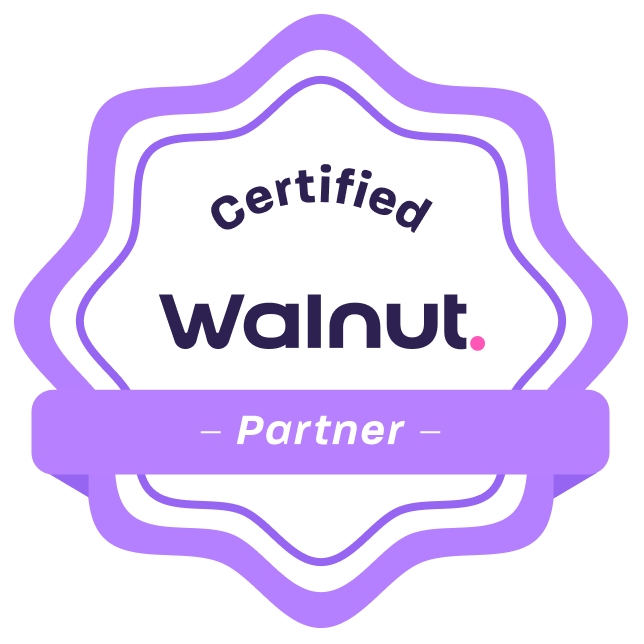
What is Walnut? Walnut.io is SaaS platform built for SaaS businesses allowing software sales, marketing and customer success teams to create customised, personalised, interactive product demos in minutes. Since starting in 2022 Walnut has pioneered a new vertical, completely disrupting the SaaS sales industry and introducing the world to full funnel product demos. They have won a string of awards and are working with some of the biggest brands in the world. What the partnership means? Technology is a the heart of any sales enablement strategy and Reborn BD are always on the look out for leading tech partners that offer real value to our clients. Walnut demo platform is one of the best sales enablement tools on the market adding value to our software clients across their entire sales and marketing funnels Our software certification confirms us as Walnut platform experts and becoming a authorised reseller takes the partnership to the next level. We are now able to offer our clients exclusive Walnut platform pricing and packages, UK based support and range Walnut platform consulancy services. Find out more here or book a Walnut demo here
